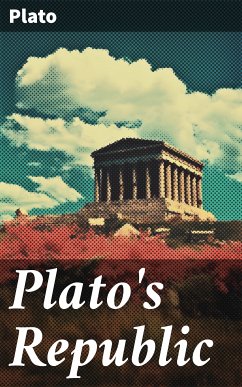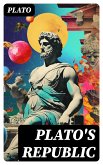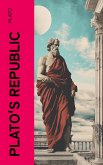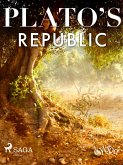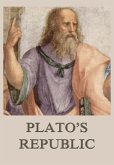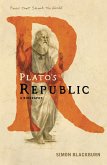Plato's Republic is a timeless philosophical dialogue that delves deep into the nature of justice, morality, and the ideal state. Written in a question-and-answer format, the book explores the concept of a just society and the role of the individual within it, presenting a complex and nuanced argument that challenges readers to rethink their understanding of ethics and governance. Plato's elegant prose and thought-provoking ideas continue to influence political theory and philosophy to this day, making The Republic a foundational text in the Western intellectual tradition. The allegory of the cave, the theory of forms, and the concept of the philosopher-king are just a few of the enduring concepts that readers encounter in this seminal work. Plato, a student of Socrates and teacher of Aristotle, was deeply interested in questions of ethics and governance. The political turmoil in Athens during his lifetime inspired him to explore the nature of justice and the ideal state in his writings. The Republic reflects Plato's belief in the importance of virtue, knowledge, and reason in creating a just society. His enduring legacy as one of the greatest philosophers in history is evident in the depth and complexity of his ideas. I recommend Plato's Republic to readers who are interested in exploring timeless questions about justice, morality, and the nature of the good life. This classic work challenges readers to think critically about the principles that underlie our social and political institutions, inviting them to consider the foundations of a just society.
Dieser Download kann aus rechtlichen Gründen nur mit Rechnungsadresse in A, B, BG, CY, CZ, D, DK, EW, E, FIN, F, GR, H, IRL, I, LT, L, LR, M, NL, PL, P, R, S, SLO, SK ausgeliefert werden.

